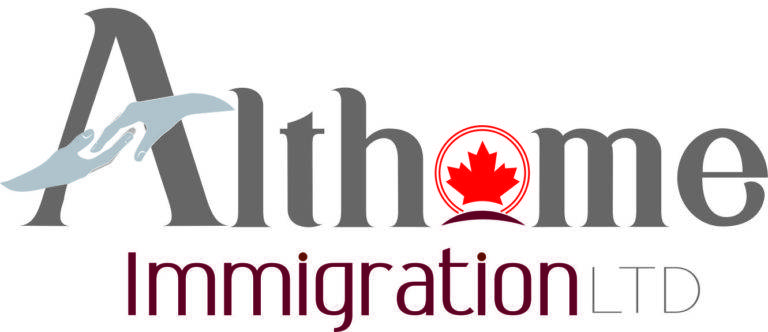Both of IRCC’s new immigration pilot programs are slated to launch in Fall 2024 as scheduled.
Rural Community Immigration Pilot
IRCC states that the implementation of this pilot program aims “to ensure that rural communities can continue accessing programs addressing labour shortages and assisting local businesses in finding necessary workers.” So far, Canada’s immigration department has not disclosed detailed information about the pilot, except to mention that it will, like the existing RNIP, allow eligible newcomers to pursue permanent residency in Canada.
Similar to the RNIP, IRCC indicates that this pilot targets “newcomers capable of aiding [rural communities] in resolving crucial labor shortages and who desire to establish long-term residency in these smaller locales.”
Rural and Northern Immigration Pilot
IRCC‘s newly introduced pilot, the Rural Community Immigration Pilot, is set to directly succeed the RNIP, as pilot programs are limited to a maximum duration of five years.
Since its inception, the RNIP has facilitated the entry of newcomers into 11 distinct communities across five provinces: Ontario, Manitoba, Saskatchewan, Alberta, and British Columbia. These individuals are eager to establish themselves in these communities and contribute towards addressing their urgent labor and demographic challenges.
To qualify for immigration to Canada under the RNIP, candidates must satisfy a range of personal and work experience-related eligibility requirements, along with obtaining a community recommendation from a “designated community economic development organization.”
Among the eligibility prerequisites for the RNIP, candidates must fulfill one of the following federal criteria sets:
* Securing a recommendation from a designated community
* Possessing one year of eligible continuous work experience within the last three years (equating to a minimum of 1,560 hours).
or
- Having adequate funds to establish themselves and support both themselves and their family in the community.
- Achieving the necessary language proficiency for the NOC skill type/level of the offered job.
- Completing studies at a publicly funded post-secondary institution within the recommending community.
- Planning to reside in the community.
- Having a valid job offer to work in one of the designated communities.
Francophone Community Immigration Pilot
IRCC’s latest francophone immigration pilot aims to bolster the federal government’s efforts to increase the influx of French-speaking newcomers to communities outside Quebec. This initiative is geared towards supporting the economic growth of Francophone minority communities and enhancing their demographic representation.
The department’s latest Francophone pilot program highlights Canada’s continued focus on promoting French-language immigration nationwide. This commitment is further illustrated through initiatives such as prioritizing skilled workers with proficient French-language skills in category-based Express Entry draws.
